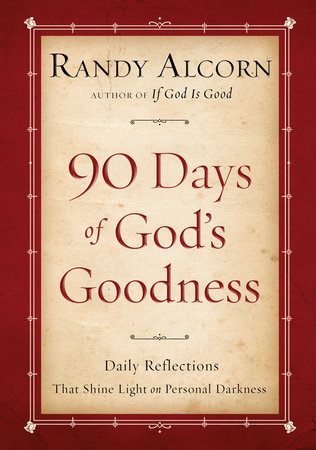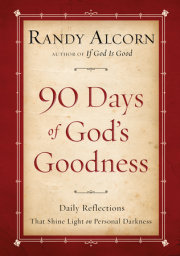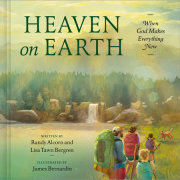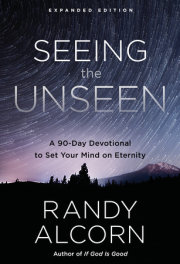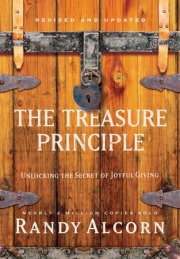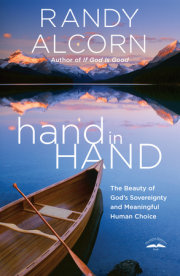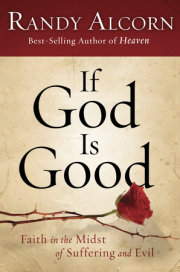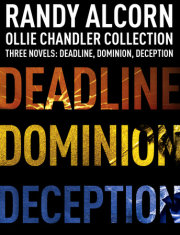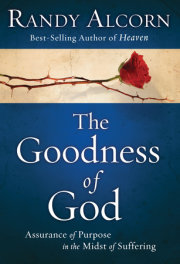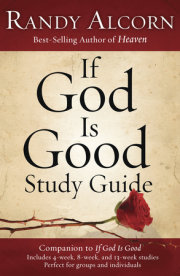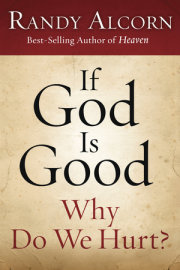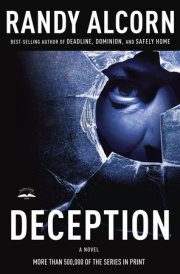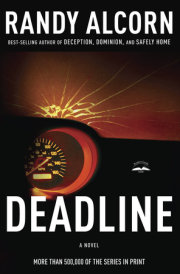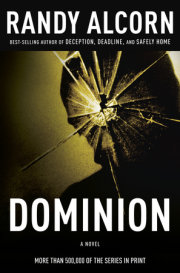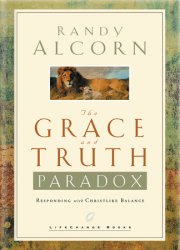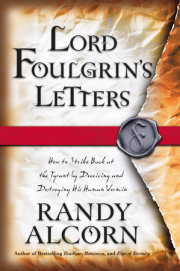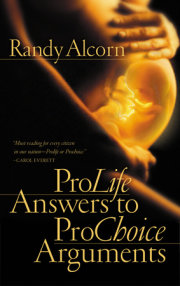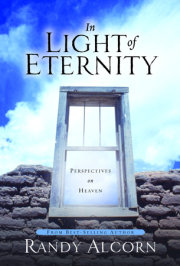Introduction
A Journey Toward JesusNow that same day two of them were going to a village called Emmaus, about seven miles from Jerusalem. They were talking with each other about everything that had happened. As they talked and discussed these things with each other, Jesus himself came up and walked along with them; but they were kept from recognizing him.…
As they approached the village to which they were going, Jesus acted as if he were going farther. But they urged him strongly, “Stay with us, for it is nearly evening; the day is almost over.” So he went in to stay with them.
When he was at the table with them, he took bread, gave thanks, broke it and began to give it to them. Then their eyes were opened and they recognized him, and he disappeared from their sight. They asked each other, “Were not our hearts burning within us while he talked with us on the road and opened the Scriptures to us?”
Imagine eavesdropping on the conversation between Jesus and these two disciples. Consider the questions they may have asked and the answers he gave. One day in Heaven, I want to see the video!
I’ll bet at least one of their questions related to that which looms large for most who read this book: If God is good…why all this evil and suffering? If God loves us, how can he justify allowing (or sending) the sometimes overwhelming difficulties we face?
I invite you to join me on a journey to discover what God has to say about this subject. I can’t think of a better way to do this than by daily meditating on his Word. I’ve ended each meditation with a brief prayer, written from my heart. Perhaps my prayer will echo yours, or perhaps it will prompt for you a renewed conversation with God.
While exploring God’s goodness in the midst of a suffering world, I’ve taken the most pleasure in focusing on him, exploring his attributes of goodness, love, holiness, justice, patience, grace, and mercy. Although I haven’t unearthed easy answers, I’m astonished at how much insight the Bible offers.
I’ve beheld a God who says, “I have indeed seen the misery of my people in Egypt. I have heard them crying out because of their slave drivers, and I am concerned about their suffering” (Exodus 3:7). I’ve found great comfort in hearing God speak of a time when he could bear his people’s misery no longer (see Judges 10:16). I revel in God’s emphatic promise that he will make a New Earth, where he will come down to live with us and on which “he will wipe every tear from their eyes. There will be no more death or mourning or crying or pain” (Revelation 21:4).
Above all, in the process of meditating on this subject and writing this book, I’ve seen Jesus.
The first physician to die of the AIDS virus in the United Kingdom was a young Christian. He contracted the disease while conducting medical research in Zimbabwe. In the last days of his life, he struggled to express himself to his wife. Near the end, he couldn’t talk and had only enough strength to write the letter J. She ran through her mental dictionary, saying various words beginning with J. None was right. Finally she said, “Jesus?”
He nodded. Yes, Jesus.
Jesus filled his thoughts. That’s all he wanted to say. That’s all his wife needed to know.
In the end, that’s all each of us needs to know.
Lord, I so look forward to having conversations with you where I not only ask questions but, like those disciples on the Emmaus road, also hear answers from your own mouth! I’m grateful there’s no need to envy the disciples, because one day I, too, will walk with you in a resurrected body, and you will open the Scriptures to me, and at last I will understand so much of what eludes me now. But until then, thank you that you are not silent! You’ve provided your Word, your Holy Spirit, and your people to help me understand—and grace to trust you when I don’t.
1
Conflict with a PurposeThen Joseph said to his brothers, “Come close to me.” When they had done so, he said, “I am your brother Joseph, the one you sold into Egypt! And now, do not be distressed and do not be angry with yourselves for selling me here, because it was to save lives that God sent me ahead of you. For two years now there has been famine in the land, and for the next five years there will not be plowing and reaping. But God sent me ahead of you to preserve for you a remnant on earth and to save your lives by a great deliverance.
“So then, it was not you who sent me here, but God. He made me father to Pharaoh, lord of his entire household and
ruler of all Egypt.…
“You intended to harm me, but God intended it for good to accomplish what is now being done, the saving of many lives.”
—Gene s i s 45 : 4 – 8 ; 50 : 20
After Job had prayed for his friends, the Lord made him prosperous again and gave him twice as much as he had before. All his brothers and sisters and everyone who had known him before…comforted and consoled him over all the
trouble the Lord had brought upon him.…
The Lord blessed the latter part of Job’s life more than the first.
—Job 4 2 : 10 –12
While most of my books are nonfiction, I’ve written seven full-length novels. Now, if I were to write a novel about lives without conflict, where characters get everything they want, where life marches on comfortably and no one ever loses anything, nobody would read it. Who likes a boring story? In fact, my central characters always face great conflict, turmoil, uncertainty, and suffering. Some die. That it makes for a far better story is my main reason for doing this. (We enjoy in fiction much that we do not enjoy in life.)
So who am I to say that God shouldn’t write such things into his story, including my part?
In our lives God uses conflict not just to make the story better but to make us better. In life, not just literature, we repeatedly see that protection from conflict produces soft, spoiled, and selfish people, while enduring conflict is more likely to produce someone strong, capable, and caring.
If, in an interview with a character from one of my novels, you were to ask whether he’d like to be written out of the story, he would answer no. Nonexistence appeals to no one. Now ask him if he would like to suffer less, and he’ll answer yes. Who wouldn’t?
I empathize with my characters since I, too, am a character in God’s story. At times I’d love to take a break from the drama. Three months off without stress would feel nice. But I also realize I’m part of something great, far bigger than myself. And I trust God not only to bring the whole story together but also to do with my part of it what he knows to be best.
Given the option while facing his trials, I’m confident Joseph would have walked off the stage of God’s story. After betrayal by his brothers when he was a teenager and being sold into slavery and later falsely accused by Potiphar’s wife and sent to prison, Joseph had surely endured enough for one life!
Talk to Job in the middle of his story—with ten children dead and excruciating boils covering his body, God apparently abandoning him and friends haranguing him. Ask if he wants out. I know what he’d say because he said it: “Why did I not perish at birth?” ( Job 3:11). But that’s all over now. On the New Earth, sit by Job and Joseph at a lavish banquet with their Lord. Ask them, “Be honest. Was it really worth it?”
“Absolutely,” Job says. Joseph smiles, nodding emphatically.
“But, Job, had God given you the choice, wouldn’t you have walked out of the story?”
“In a heartbeat. I’m just glad he didn’t let me.”
You and I are characters in God’s story, handmade by him. Every character serves a purpose. God loves a great story, and all of us who know him will recall and celebrate and continue to live in that story for all eternity.
Before we fault him for the plot twists we don’t like, we should remember that Jesus has written this story in his own blood.
Father, what a privilege to be chosen by you to be a character in the greatest story ever told—and to know that one day we’ ll be able to read it start to finish. Thank you for this true, unfolding drama of redemption. Thank you that in the ages to come we will praise you for not letting us walk off the pages. Thank you for accomplishing the purposes in us that at first only you, the Author, understand, but in the end, looking back, we, the readers—and characters—will too.
Copyright © 2011 by Randy Alcorn. All rights reserved. No part of this excerpt may be reproduced or reprinted without permission in writing from the publisher.

